Symptoms and treatment of viral hepatitis A, prevention of infection
Symptoms, Treatment, and Prevention of Viral Hepatitis A
Acute viral liver damage is known as viral hepatitis A. The signs of this pathology are clearly expressed and specific, so there are no problems with diagnosis.
Description of the Disease
The incubation period of hepatitis A is the time from infection until the appearance of the first symptoms. On average, it lasts about 30-35 days, but in some cases, it can range from 15 to 50 days. During the incubation period, the virus spreads only through the bloodstream, and there are no symptoms of the disease. The person feels completely healthy, although they already pose a danger to others.
Most often, the acute form of the viral disease is diagnosed. Hepatitis A is frequently detected in childhood and adolescence. Doctors attribute this to close contact among children and being in confined spaces.
70% of the adult population has immunity to the virus. This is due to timely preventive measures – if vaccinated against viral hepatitis A, immunity to the disease will last a lifetime. The same stable immunity develops in a person who has already recovered from the illness.
Symptoms of Viral Hepatitis A
Classic signs of hepatitis A in childhood include:
- Pronounced weakness, lethargy, and increased sweating at rest;
- Rise in temperature to subfebrile levels (37 degrees Celsius and slightly higher);
- Digestive system disorders – vomiting regardless of food intake, diarrhea;
- Excretion of distinctly dark urine and colorless (whitish) stool.
Jaundice of the skin and mucous membranes appears only on the 7-10th day after the virus enters the body. The disease can be diagnosed after performing a specific blood test for hepatitis A.
If the pathology proceeds in a severe form, additional symptoms of viral hepatitis A appear:
- Sharp increase in body temperature to critical levels;
- Enlargement of the liver – the organ can be palpated by the doctor's hands without specific instrumental examination;
- Decreased heart rate, irregular rhythm;
- Enlargement of the spleen;
- Pain in the right hypochondrium upon pressure.
How Hepatitis A Is Transmitted
The source of the virus is an infected person whose body is in the incubation period. The asymptomatic stage of the virus's presence in the bloodstream poses a particular danger. As soon as jaundice appears on the skin and mucous membranes, the likelihood of infection decreases.
How hepatitis A is transmitted:
- Fecal-oral route. Through feces, blood, saliva, during sneezing, using shared utensils and personal hygiene items, and through unprotected sexual contact.
- Through food products. It is difficult to identify the specific source of the virus, as the incubation period of the disease is long. It is believed that it is easiest to get infected through raw products, fruits, vegetables, and berries from areas fertilized with organic matter.
- Through water. This mode of virus transmission is rare and most often occurs in regions with poor living conditions, as well as during natural disasters and accidents.
- Through flies. Some researchers suggest that the hepatitis A virus can be carried by flies, but the actual prevalence of this factor has not yet been scientifically proven.
Treatment for Hepatitis A
If the disease proceeds in a mild form, no specific treatment is administered. The patient is prescribed a diet that will support liver function. In addition, bed rest and avoidance of any physical exertion are recommended.
How to treat acute hepatitis A that proceeds in a severe form is decided by an infectious disease specialist. There is a high probability of developing hepatic coma, where the patient experiences impaired consciousness and motor activity. It is important to quickly implement aggressive therapy, for which the following are prescribed:
- Corticosteroids for a short course;
- Detoxification solutions, administered intravenously;
- Introduction of hemostatic drugs into the stomach via a probe;
- Plasma transfusion;
- Intravenous drip administration of rehydration solutions.
Preventive Measures
The basis of hepatitis A prevention is vaccination. Vaccination against this infection can be given to children from 1 year of age and adults of any age. There are vaccines specifically for hepatitis A, such as Havrix, and there is also a combined vaccine for hepatitis A and B.
Also, prevention of hepatitis A in children involves interrupting the pathways of virus transmission. The main measures are considered to be:
- Providing quality drinking water;
- Creating favorable sanitary conditions at home and in educational institutions;
- Observance of hygiene rules;
- Consumption of heat-treated and safe food products.
How to avoid hepatitis A infection if there are sick people in the community? It is necessary to immediately isolate oneself for the incubation period and undergo a medical examination – blood tests detect the presence of the virus immediately after it enters the body. It is necessary to follow a diet that will reduce the load on the liver.
On our website, you can find out in which cases antibodies to hepatitis A appear in adults and how the pathology is treated in case of a complicated course. On the Dobrobut.com website, you can make an appointment with an infectious disease specialist for a consultation.
Article reviewer - Anikeeva Tetyana Volodymyrivna
More information about services at MM "Dobrobut"
Our advantages
Our services
Our doctors
We are located at
ISO certificates
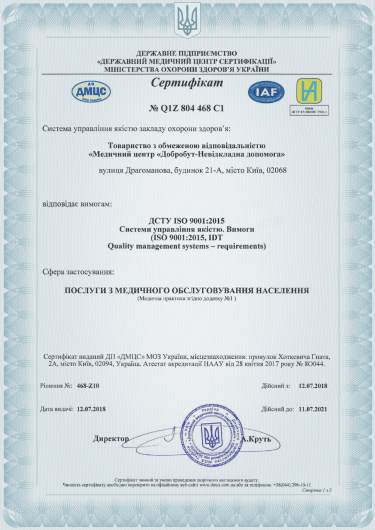
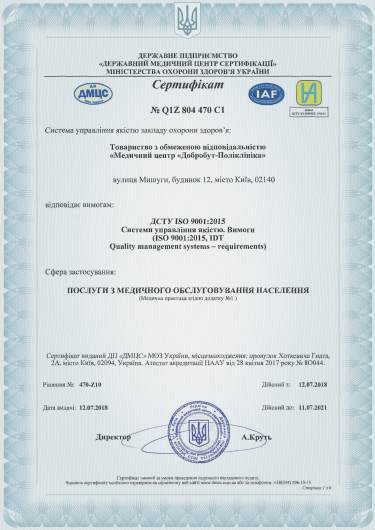
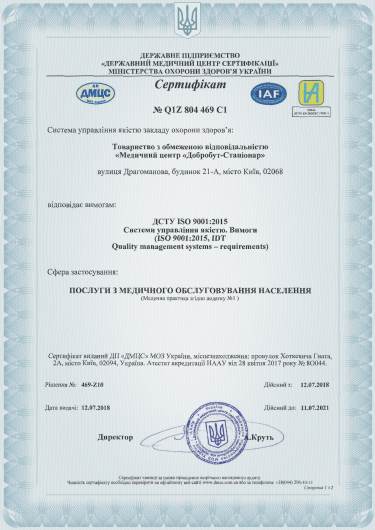
Accreditation certificates
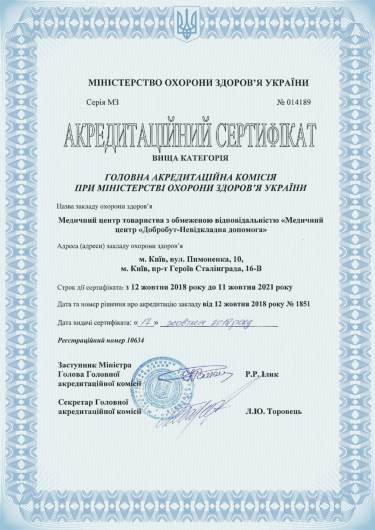
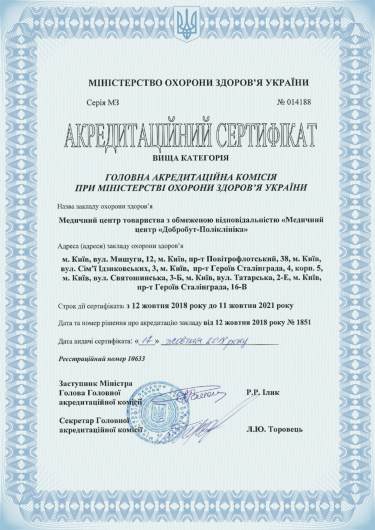
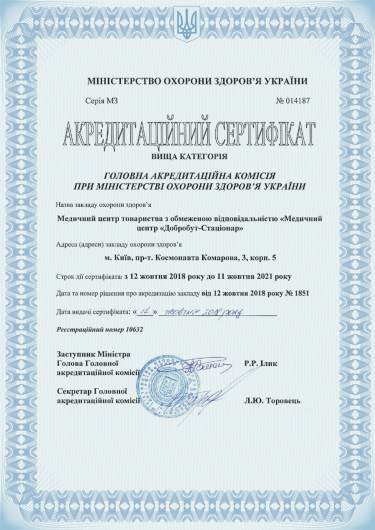
Medical practice licenses
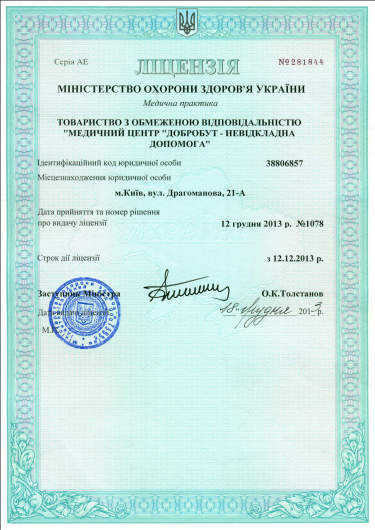
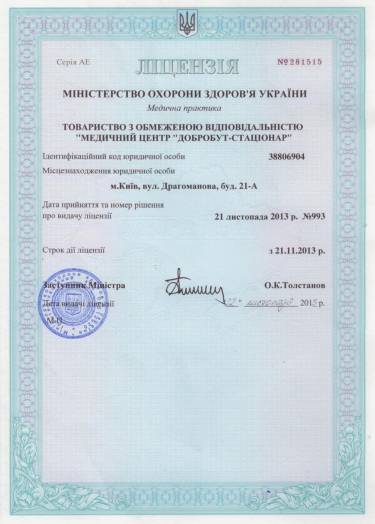
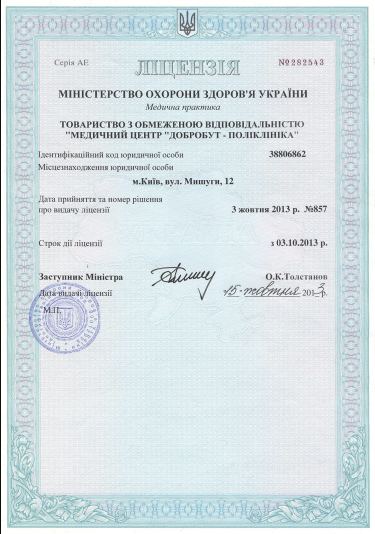






































@2x.png)
@2x.png)
%402x.png)
%402x.png)
